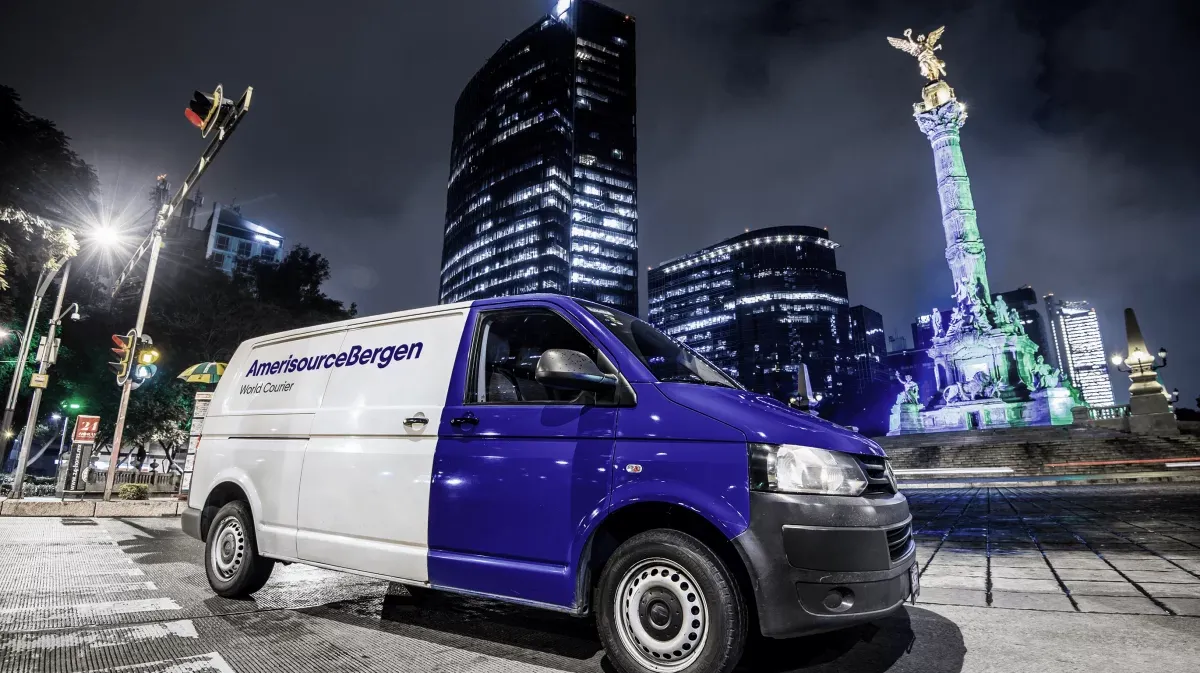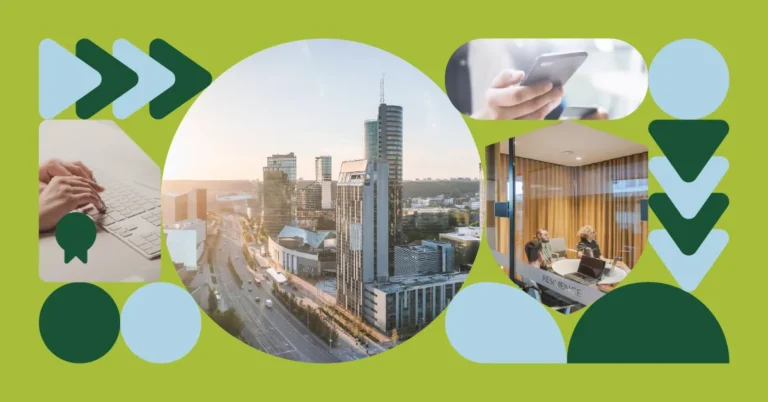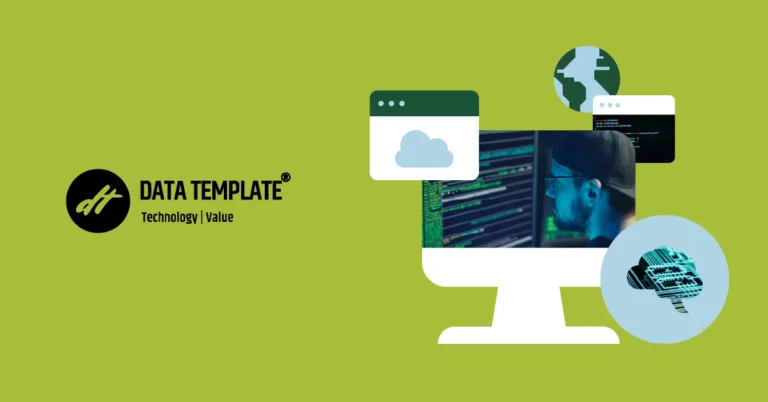The interview conducted by Paulius Viluckas, Baltic News Service. The original article can be found here. Below is a shorter version of the interview.
—
The Vice President of World Courier, a biopharmaceutical logistics company that transports global pandemic coronavirus vaccines to the Nordic, Central European and Baltic countries, says the company has accumulated and prepared for such extremely complex logistics operations over the past 30 years.
In an interview with BNS, Jens Mattuschka said that Vilnius office of World Courier that belongs to one of the largest US drug distribution groups, AmerisourceBergen, plays an important role in coordinating vaccine logistics. He said co-operation on the export of vaccines was not smooth everywhere. He noted that World Courier is ready for a sharp increase in vaccine volumes in the coming months. According to Mattuschka, coronavirus vaccines are likely to become an annual standard, at least in the coming years, much like flu vaccines.
Tell us about your company, what is its main activity?
World Courier works in specialized logistics. 95% of our global business is the storage and transportation of medical means, as well as the transportation of biological samples of the human body. We are an old company, we have been operating for more than 50 years, we were acquired by AmerisourceBergen seven years ago. World Courier itself has changed the nature of its operations in history – in the 60’s and 70’s we started with document transportation, later, in the 80’s and 90’s, we reoriented to medical logistics. World Courier is mainly focused on sensitive products – we do not carry aspirin tablets, we carry very sensitive materials and substances.
Another important aspect is the logistics of clinical trials, a business in which World Courier has left a significant mark. In other words, it is the development of a new compound. It is therefore no surprise that we are also involved in the distribution of vaccines.
How do you look at the current situation – do you see it more as a business opportunity or as a contribution to the well-being of society? From a medical point of view, most of the work is probably already done – we have several vaccines that have been proven to be effective, but now the key is to increase production and deliver vaccines to people.
I would like to say that one of the biggest motivations for employees in both AmerisourceBergen Group and World Courier is exactly what we do, the goal is to be on the front lines of medical distribution. This may sound a little crazy, but we really have a lot of people in the company who are proud of their activities. Therefore, there is certainly an element of social responsibility in our work.
But, of course, this is both a commercial opportunity and a challenge, because we have relatively little information about demand, where and when we can send the next shipment of vaccines. This is a daily struggle for all participants in the supply chain.
In the media you may read that manufacturers promised to deliver certain quantities of vaccines, but then stopped for no reason. However, the supply chain is very complex – even with one part weak, it has a significant impact on the whole chain.
It has often been heard that no one has been prepared for the biggest pandemic in a century, but in your case this is probably not entirely true? You may not have been able to imagine the scale of the pandemic, but you did the prep – work, didn‘t you?
That’s right. I can say that there was a lot of work done in November and December to prepare for this, there is no doubt about that, but so far we have had practically no problems and have distributed as many vaccines as possible. In January alone, we delivered thousands of consignments of vaccines. We hope that in February-March this number will double or triple. In reality, however, many governments were not well prepared for such an outbreak.
Speaking specifically about COVID-19 vaccines, could you tell us about the logistical process of how this vaccine travels from the laboratory to humans?
There are several players involved in the production of the vaccine. This is not one company – you can now read the news that, for example, AstraZeneca has promised a certain amount of vaccines and now cannot deliver them. However, there are many other contracted manufacturers. Once we have the finished product ready, it is usually transported to larger storage centers (depos), which are usually large warehouses for pharmaceutical companies. If we’re talking about -70 degrees Celsius for Pfizer vaccines, obviously you need large refrigeration capacity,
These vaccines are distributed by pharmaceutical wholesaler centers, to the best of my knowledge, to pre-selected smaller pharmacies. In Germany, for example, there are 16 Lands, all of which have separate models of how this is done. However, in Norway distribution in centralized at a country level. From smaller storage centers vaccines are transported to vaccination centers or nursing homes. Every morning we receive orders from various vaccination centers on their need of certain vaccine doses to be delivered the next day or in a few days. But now that we still have a shortage of vaccines on the market, logistics companies have to tell vaccination centers that we only have so many vaccines to deliver.
What do vaccination centers usually do then? They organize individual deliveries to, for example, nursing homes or hospitals. We send our drivers in some countries where they travel from the local storage center to the vaccination centers.
AmerisourceBergen / World Courier service center in Vilnius is responsible for the global distribution of vaccines. What role do centers in Lithuania play in the distribution of COVID-19 vaccines?
The Control Tower in Lithuania operates during the transportation of the final product and not in the production supply chain, as this is already a more mass distribution. Many shipments need to be transported on a daily basis, so this requires some centralized work. Then there is order management, sending inquiries to people performing operations in different countries, the start of order fulfillment, information on when drivers pick up shipments, this is another task handled by the Control Tower. They, of course, also monitor the transportation of vaccines to the endpoint.
We often work with GPS or GSM data loggers. They monitor the temperature and of course we know the location of the driver. At the vaccination centers, the nurse or pharmacist who is there acknowledges receipt of the shipment and the driver transmits the information to our platform. This is the moment when our Control Tower has to release the product – confirm the temperature. The nurse or pharmacist can then inject the vaccine.
The vaccination campaign is gradually shifting into a higher gear and production is expected to increase and more and more people will receive the vaccine. Is World Courier ready for that?
Absolutely. I can share that vaccine logistics is still a relatively small part of our business, so we still have the capacity. We believe that COVID-19 vaccination will not be a one-time event. In my opinion, it is very likely that such COVID-19 vaccination will become the standard as influenza vaccines, at least in the coming years.
About the company
World Courier was founded in 1969 and was acquired by AmerisourceBergen in 2012. At the end of 2017, World Courier opened an office in Vilnius, and the AmerisourceBergen office was opened in the capital city the following year. Vilnius office is 110 people at the World Courier, COVID-19 vaccine “Control Tower” started operating at the end of autumn 2020. The company says it contributed to the fight against the pandemic before the first vaccines reached the market – it transported parts for the production of tests, reagents and samples for clinical trials.













